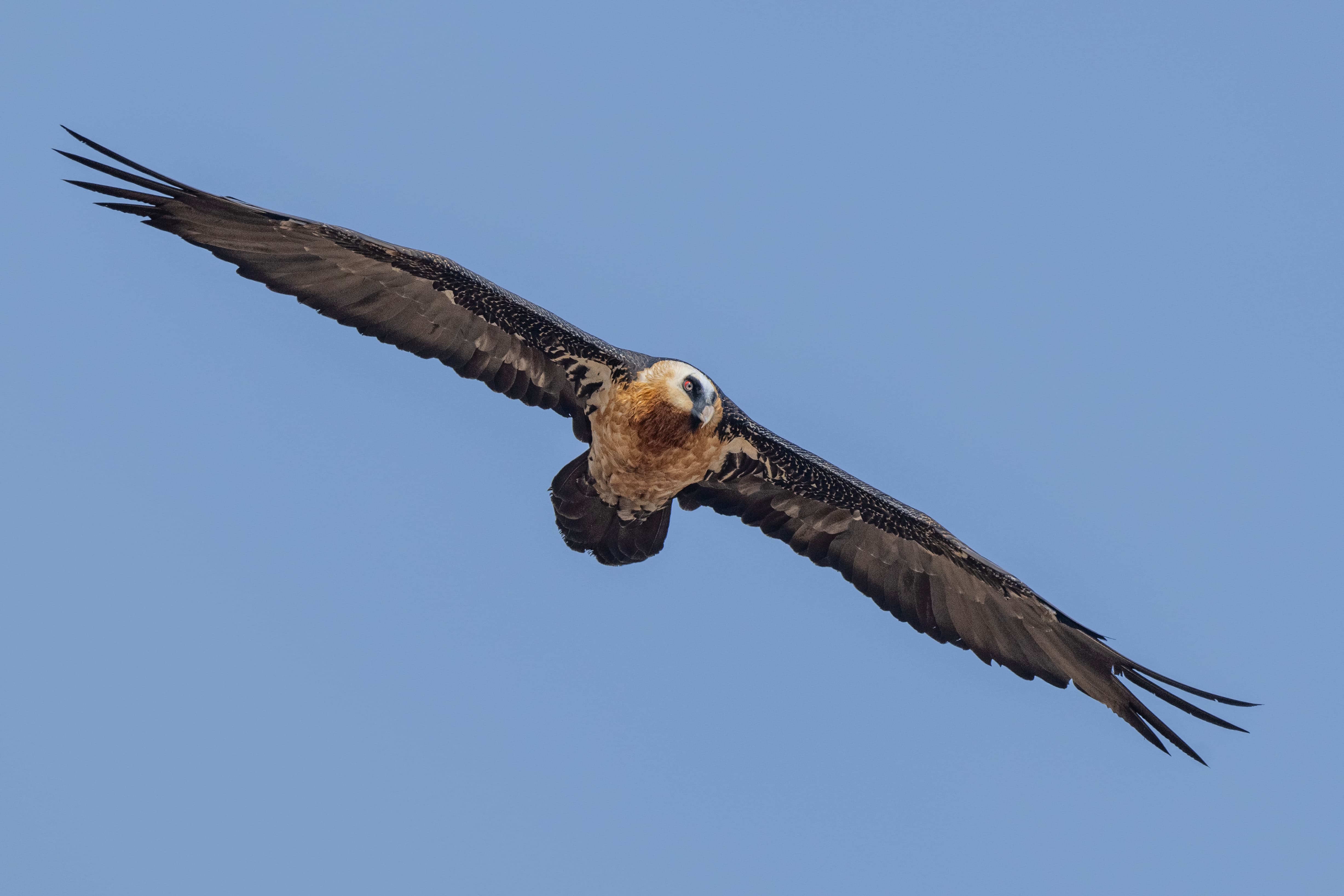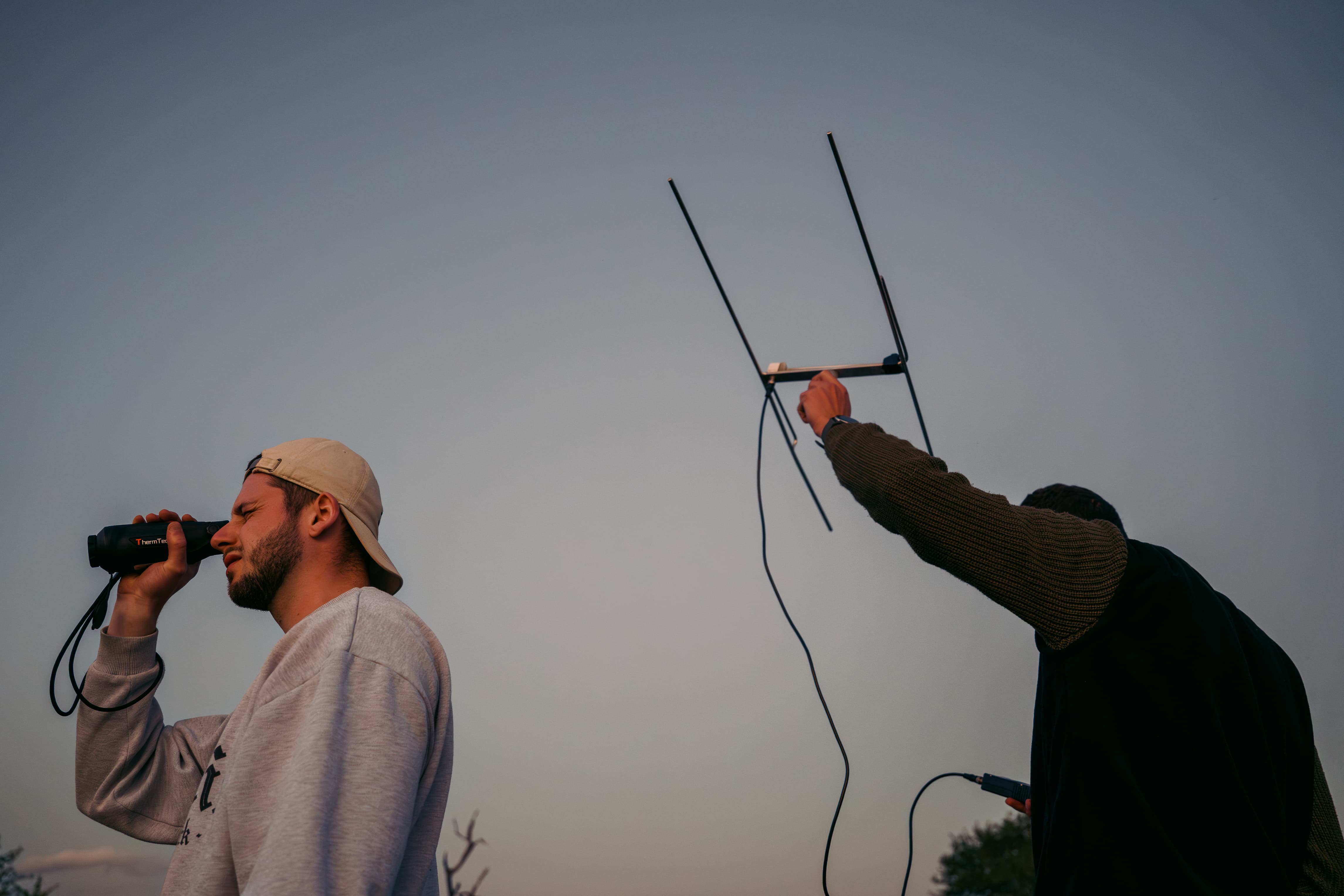Somkhanda Game Reserve, a community-owned protected area in northern KwaZulu-Natal, plays a vital role in the conservation of the Critically Endangered Black Rhino. Since 2007, the reserve has supported a small but stable population of these iconic animals as part of WWF’s Black Rhino Range Expansion Project. However, escalating poaching threats and limited resources have placed increasing pressure on both the reserve and the species.
Thanks to support from the Fondation Segré Conservation Action Fund through IUCN Save Our Species, alongside additional funding partners, Wildlife ACT has increased its support to help improve the protection and ensure the viable persistence of the Black Rhino population on this significant protected area.
The Escalating Threat of Rhino Poaching in KwaZulu-Natal
KwaZulu-Natal remains the hardest-hit province in South Africa when it comes to Rhino poaching. In 2023, more than 60 percent of the country’s Rhino poaching incidents occurred within the province, with 307 Rhinos killed. The majority of these losses took place in Hluhluwe-iMfolozi Park, South Africa’s oldest proclaimed game reserve. The pressure continued into early 2024, with a further 232 Rhinos poached in KZN by mid-year. This reflects a growing shift in focus from heavily fortified national parks to smaller provincial, private and community-owned protected areas that may lack the same level of resources.
The continued loss of Rhinos in the region underscores the urgent need for targeted support and coordinated conservation action. Without it, smaller reserves that play a crucial role in species recovery will remain highly vulnerable.
.JPG)
Essential Backing for Frontline Community Conservation and Coexistence
Thanks to the generous support of the Fondation Segré Conservation Action Fund through IUCN Save Our Species, alongside other vital funding partners, Wildlife ACT has been able to provide focused and timely assistance to Somkhanda Game Reserve. As poaching pressure continues to shift toward smaller and community-managed protected areas, this kind of support is essential.
Through this support, focused efforts are being put towards raising awareness, increasing community engagement and educating local children and young adults to help empower the local community as Rhino custodians. A Rhino-focused Art Expo competition has been held across multiple primary schools surrounding Somkhanda to help foster an appreciation and love of nature.
%20(2)-min.jpg)
To further build inspiration and interest in becoming advocates for wildlife and the environment in their area, children from these schools are taking part in multiday educational Wildlife Kids Camps, hosted by Wildlife ACT. These camps consist of a variety of activities in a protected area, including biodiversity hikes, rhino conservation lessons and tracking, structured Big 5 educational game drives, conservation theatre and many others.
.jpg)
A new Wildlife ACT Ambassador Club has also been established in the Somkhanda area, where a network of inspired young adults are participating in monthly meetings and excursions into protected areas, expanding their knowledge and creating a channel to provide insight into careers in conservation.
Supporting Essential Species Monitoring and Security Protocols
To improve Somkhanda’s ability to effectively monitor and manage the Rhino population, Wildlife ACT is fitting additional GPS tracking units on target individuals during dehorning operations, deploying additional camera traps to monitor the elusive individuals, and expanding and improving on the LoRaWAN network infrastructure to improve GPS tracking unit functionality. Additionally, we are supporting the upskilling of field rangers through monitoring training workshops and courses as well as conducting intensive on-the-ground Rhino monitoring through our expert field staff.
.jpg)
Additionally, the support from Fondation Segré Conservation Action Fund through IUCN Save Our Species, alongside other vital funding partners has allowed Wildlife ACT to contribute to the strengthening of Somkhanda’s security and anti-poaching capabilities. This has specifically been done through supporting the implementation of strategic dehorning operations, deploying of technologies such as remote security camera traps and maintaining online live tracking and patrol data analysis software to improve incursion detections. Field rangers are also being trained on specialised field ranger and anti-poaching courses to be better equipped to effectively respond to poaching incursions.
.jpg)
The success of this project will ultimately result in Somkhanda being better able to protect and manage its Black Rhino population and thus further contribute to the species' conservation whilst simultaneously providing upliftment opportunities to the surrounding communities.
Results achieved/highlights so far:
- Over 250 children from local schools participated in the Rhino Art Expo competition.
- 32 children have taken part in Wildlife Kids Camps, with additional camps planned.
- 18 young adults from the Gumbi community have gained conservation knowledge through the revitalised Maphambili Ambassador Club, supported by monthly meetings and excursions.
- The deployment of an additional LoRaWAN gateway increased coverage across the reserve from 60% to over 80%, significantly improving the functionality of GPS tracking units, including enhanced range and battery performance.
- 100% of the known Black Rhino population was recorded during the reporting period through direct sightings during daily monitoring and images from strategically placed camera traps.
- Two new Black Rhino calves were detected on camera traps with their mothers.
.jpg)
- A monitoring training workshop was conducted with Somkhanda field rangers to improve the effectiveness of Black Rhino monitoring, with further sessions planned.
- Additional security camera traps were installed at strategic locations across the reserve, resulting in the early detection of 16 poaching incursions and enabling rapid response by the Anti-Poaching Unit.
- Two field rangers are currently undergoing specialised anti-poaching training.
Looking Ahead
Somkhanda demonstrates that community-owned reserves can play a leading role in securing the future of endangered species. With the sustained support of partners, this project will remain focused on safeguarding this population while empowering local communities through meaningful involvement. Wildlife ACT remains committed to supporting this model through science-based, practical conservation in action.
%20(2).jpg)


%20(1).jpg)
.jpg)







